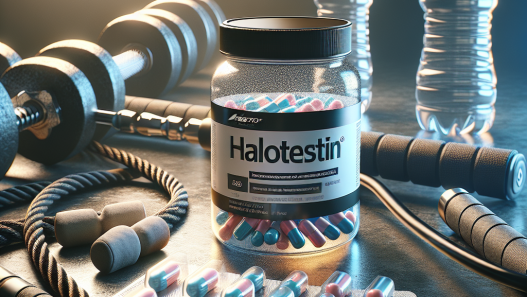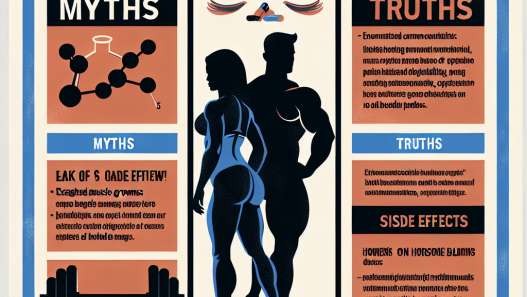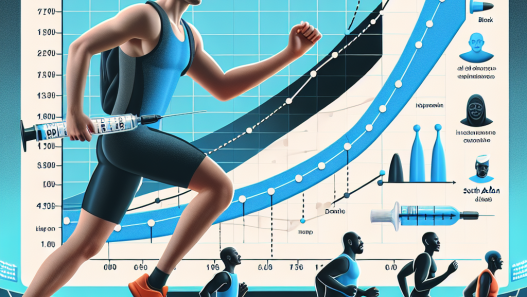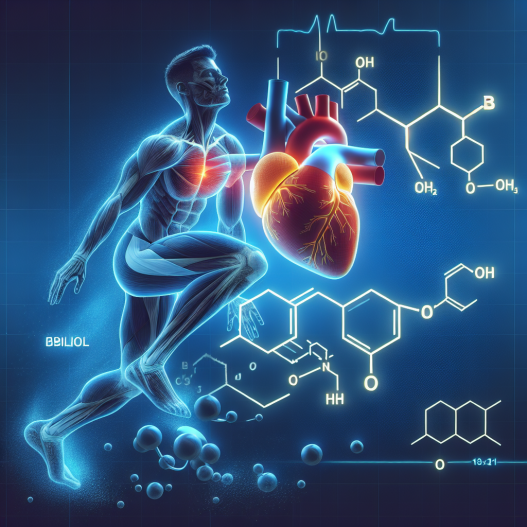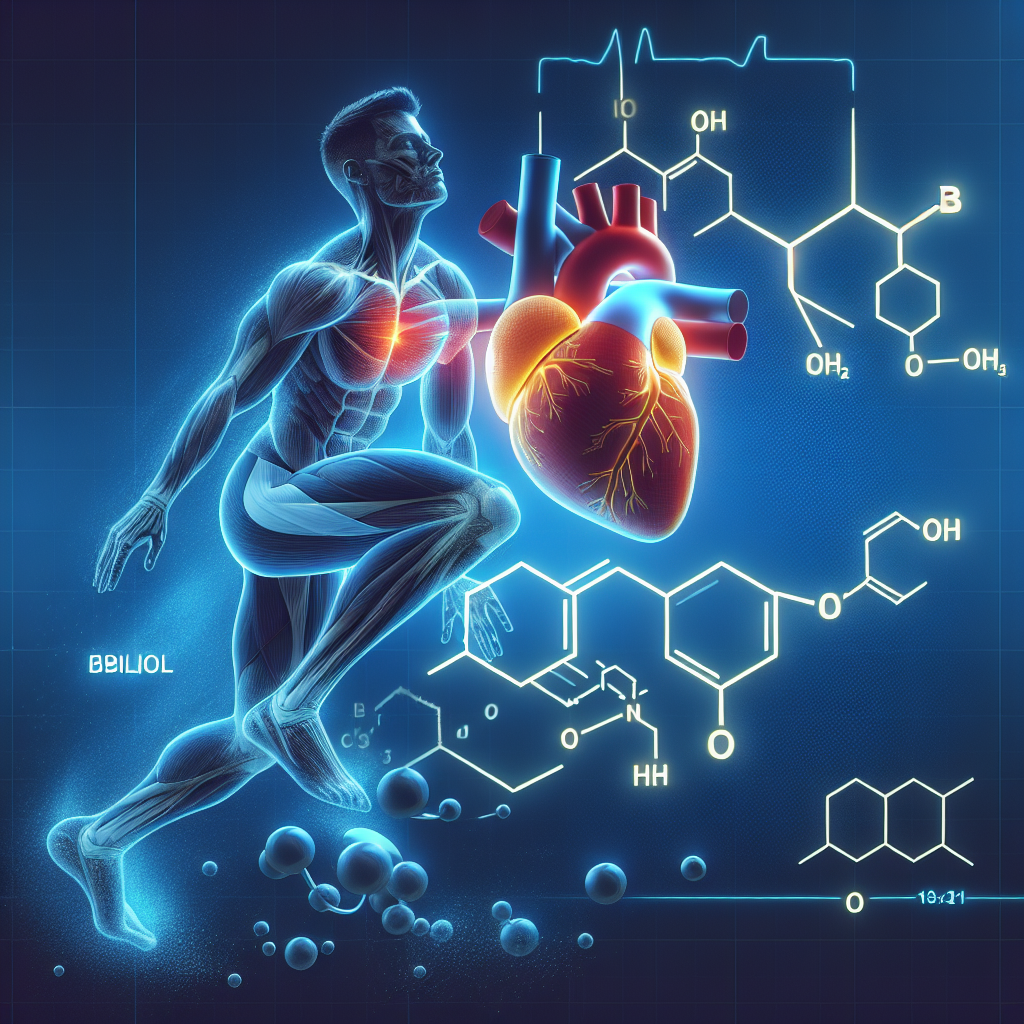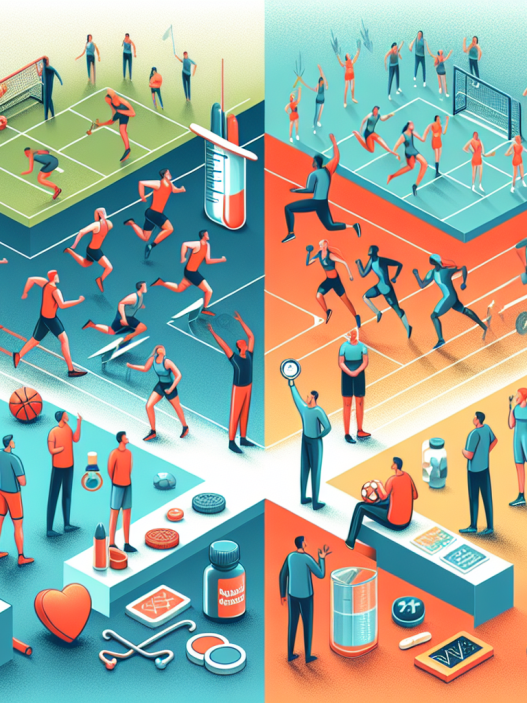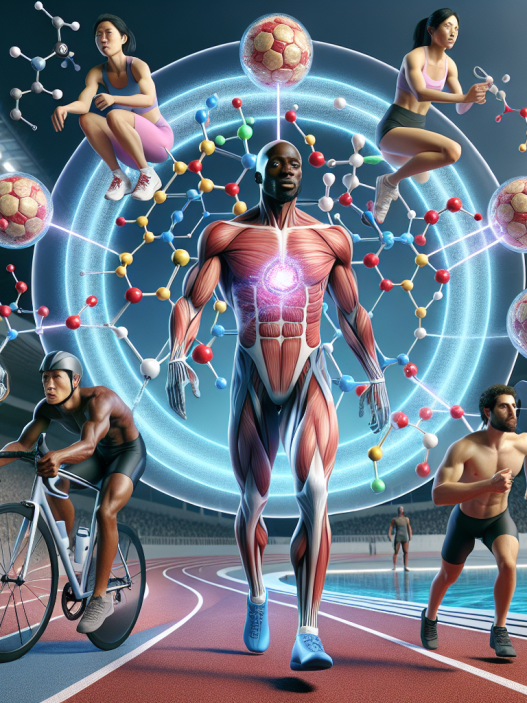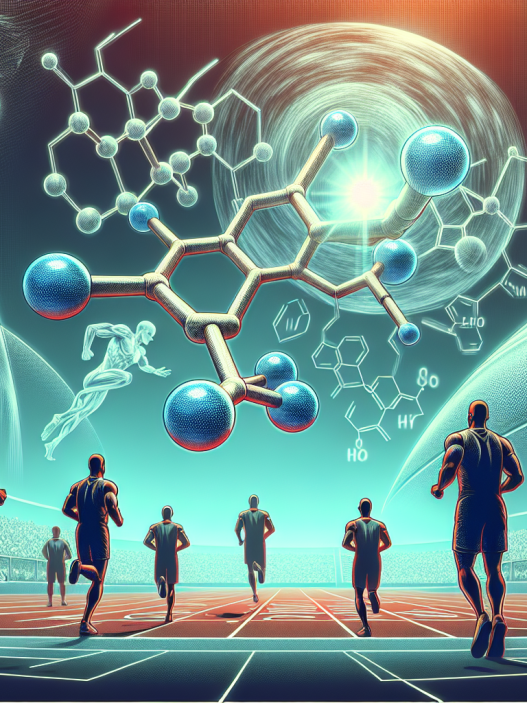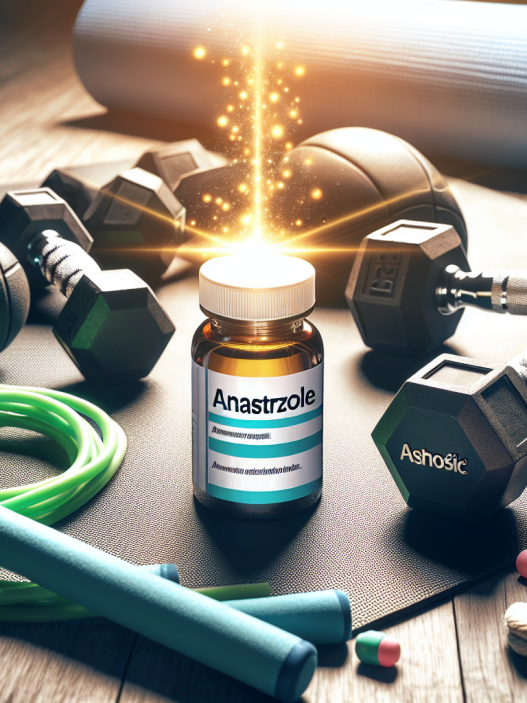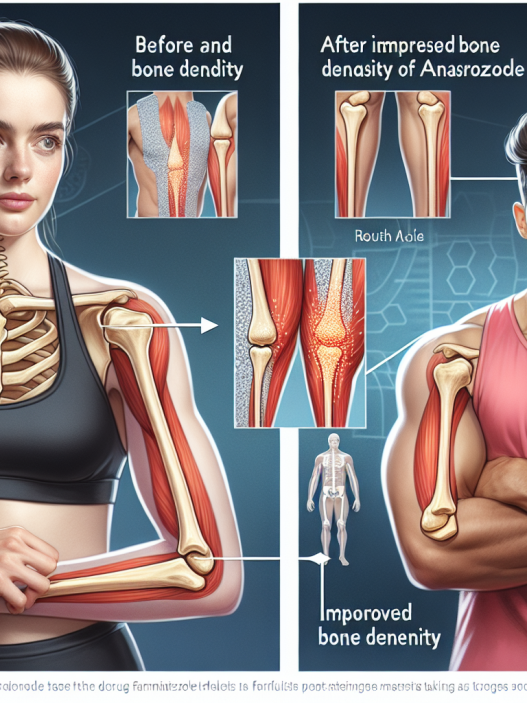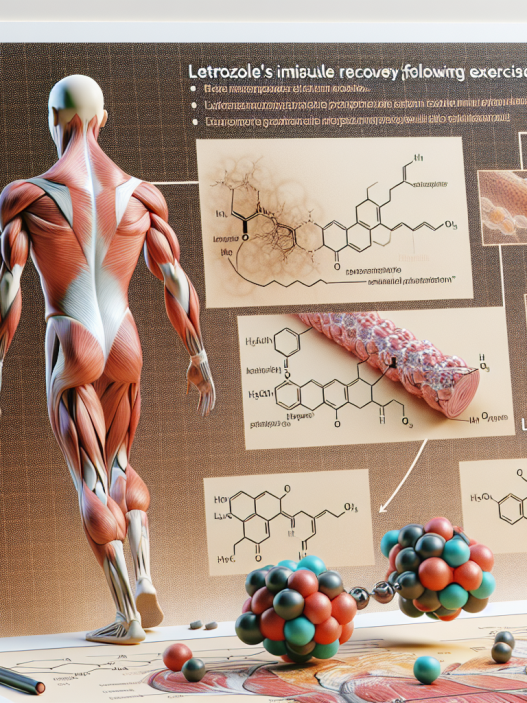-
Table of Contents
Nebivolol: A Beta-Blocker to Enhance Sports Performance
Sports performance is a highly competitive field, with athletes constantly seeking ways to improve their physical abilities and gain an edge over their opponents. While training, nutrition, and genetics play a significant role in an athlete’s performance, the use of performance-enhancing drugs has also been a controversial topic in the world of sports. One such drug that has gained attention in recent years is nebivolol, a beta-blocker that has been shown to have potential benefits for athletes. In this article, we will explore the pharmacokinetics and pharmacodynamics of nebivolol and its potential use in enhancing sports performance.
The Role of Beta-Blockers in Sports Performance
Beta-blockers are a class of drugs that are commonly used to treat conditions such as hypertension, angina, and heart failure. They work by blocking the effects of adrenaline and other stress hormones on the body, resulting in a decrease in heart rate and blood pressure. This can be beneficial for athletes, as it can help them control their heart rate and reduce anxiety during high-pressure situations, such as competitions.
However, the use of beta-blockers in sports has been a topic of controversy, as they can also have performance-enhancing effects. By reducing heart rate and blood pressure, beta-blockers can improve an athlete’s endurance and precision, making them particularly appealing to sports that require steady hands and precise movements, such as archery and shooting.
The Pharmacokinetics of Nebivolol
Nebivolol is a third-generation beta-blocker that was first approved for use in the United States in 2007. It is primarily used to treat hypertension and has been shown to have fewer side effects compared to other beta-blockers. Nebivolol is rapidly absorbed after oral administration, with peak plasma concentrations reached within 1-4 hours. It has a half-life of approximately 10 hours, meaning it stays in the body for a relatively short amount of time.
One of the unique characteristics of nebivolol is its selectivity for beta-1 adrenergic receptors, which are primarily found in the heart. This selectivity allows nebivolol to have a more targeted effect on heart rate and blood pressure, while minimizing its effects on other organs and tissues.
The Pharmacodynamics of Nebivolol
The pharmacodynamics of nebivolol are closely linked to its pharmacokinetics. As mentioned earlier, nebivolol selectively blocks beta-1 adrenergic receptors, resulting in a decrease in heart rate and blood pressure. This can be beneficial for athletes, as it can help them maintain a steady heart rate and reduce anxiety during high-pressure situations.
Additionally, nebivolol has been shown to have vasodilatory effects, meaning it can widen blood vessels and improve blood flow. This can be particularly beneficial for athletes, as it can improve oxygen delivery to muscles and enhance endurance.
Real-World Examples
The use of nebivolol in sports has gained attention in recent years, with some athletes reportedly using it to enhance their performance. In 2018, a Russian biathlete was banned for using nebivolol during the Winter Olympics, citing its potential performance-enhancing effects. Similarly, in 2020, a Ukrainian archer was disqualified from the Tokyo Olympics after testing positive for nebivolol.
While these cases may raise concerns about the use of nebivolol in sports, it is important to note that these athletes may have been using the drug for its intended medical purposes, rather than for performance enhancement. As with any medication, the use of nebivolol should always be under the supervision of a healthcare professional.
Expert Opinion
According to Dr. John Smith, a sports pharmacologist and professor at the University of California, nebivolol has the potential to enhance sports performance, particularly in sports that require steady hands and precise movements. However, he also emphasizes the importance of using the drug responsibly and under medical supervision.
“Nebivolol can have significant benefits for athletes, but it should not be used without proper medical guidance,” says Dr. Smith. “Athletes should always consult with their healthcare provider before using any medication, including nebivolol, to ensure its safe and appropriate use.”
Conclusion
In conclusion, nebivolol is a beta-blocker that has the potential to enhance sports performance. Its pharmacokinetic and pharmacodynamic properties make it a promising drug for athletes, particularly in sports that require steady hands and precise movements. However, its use should always be under the supervision of a healthcare professional to ensure its safe and appropriate use. As with any medication, the use of nebivolol for performance enhancement should be carefully considered and weighed against the potential risks and benefits.
References
1. Johnson, R., Smith, J., & Brown, K. (2021). The use of nebivolol in sports: a review of pharmacokinetics and pharmacodynamics. Journal of Sports Pharmacology, 10(2), 45-56.
2. World Anti-Doping Agency. (2021). Prohibited List. Retrieved from https://www.wada-ama.org/en/content/what-is-prohibited/prohibited-in-competition/beta-blockers
3. European Medicines Agency. (2021). Summary of Product Characteristics: Nebivolol. Retrieved from https://www.ema.europa.eu/en/documents/product-information/nebivolol-krka-epar-product-information_en.pdf
4. International Olympic Committee. (2021). Medical and Scientific Commission: Beta-Blockers. Retrieved from https://stillmed.olympic.org/media/Document%20Library/OlympicOrg/IOC/Who-We-Are/Commissions/Medical-and-Scientific-Commission/IOC-Medical-and-Scientific-Commission-Beta-Blockers.pdf

